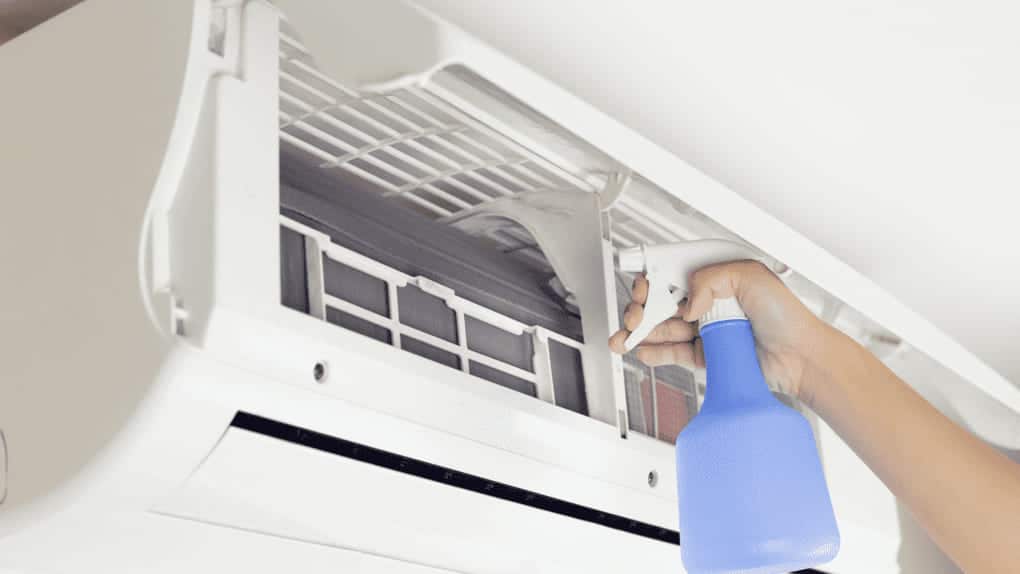As the seasons change, so do your HVAC system commonly known as HVAC. Grasping the ins and outs of your HVAC system is crucial for your home comfort in your residence year-round. As you prepare for the chill of winter or the sweltering heat of summer, investing effort to prepare your HVAC system can help avoid expensive failures, improve energy savings, plus enhance the quality of air indoors.
Here you will find key checklists for seasonal HVAC maintenance that ensures your system runs smoothly all year round. Covering common HVAC issues and smart tips for lowering energy bills, we will guide you through all the necessary information. Whether you are a novice or have some background in HVAC systems, our comprehensive tips will help you enjoy a cozy and healthy living environment.
Understanding HVAC Systems
HVAC, which stands for a critical component of modern comfort, is a vital system in modern residential buildings and structures that guarantees comfort through temperature regulation and air quality control. At its heart, HVAC systems execute three main functions: heating, cooling, and ventilation. By controlling the indoor climate, they help create a cozy living environment irrespective of external weather conditions. A variety of systems combine these functions into a single system, whereas some systems might involve separate components for each function.
The heating component typically uses furnaces or thermal pumps to heat the indoor air during colder months. Furnaces operate by generating heat through various energy sources, while heat pumps transfer heat from the external environment to inside. In contrast, the cooling aspect primarily relies on cooling devices that eliminate heat from the indoor air, using coolants to cool down and dry out the space efficiently. These systems work in conjunction with ductwork or fans to distribute warmed or cooled air throughout the house.
Ventilation, the third essential function of HVAC systems, consists of the exchange of indoor air with clean outdoor air. This process is key for maintaining indoor air quality and filtering out pollutants, allergens, and moisture that can accumulate over time. Different forms of ventilation exist, including natural ventilation, mechanical ventilation, and equilibrated air flow systems. Together, these components and functions work to create a wholesome and comfortable indoor environment suitable for all users.
Heating, Ventilation, and Air Conditioning Service and Effectiveness
Regular service of your heating and cooling system is crucial for ensuring optimal performance and effectiveness. A thoroughly checked system works better, which can cause reduced energy bills and enhanced comfort levels in your home. Essential upkeep tasks entail replacing air filters frequently, inspecting for any leaks in ductwork, and making sure that the outdoor unit is clear of debris. Arranging annual professional inspections can also help identify potential issues before they develop into major problems.
Another critical aspect of HVAC efficiency is appropriate thermostat management. Configuring your thermostat properly for each time of year can make a significant difference in energy consumption. For winter, think about lowering your thermostat a few of degrees when you are away or asleep. In the hot months, adjusting the temperature a bit when you are not home can lower cooling costs. Additionally, using smart thermostats can enhance your HVAC system's performance by dynamically adjusting settings based on your habits, thus enhancing efficiency.
Indoor air quality is related with HVAC performance. Routine maintenance practices can stop dust, mold, and allergens from circulating in your home, which can diminish air quality and increase the workload on your HVAC system. Choosing the right air filters and ensuring adequate ventilation are crucial for maintaining a clean environment. This not only supports your HVAC system’s efficiency but also promotes a more comfortable and healthier living space.
Seasonal HVAC Preparation

Getting ready your HVAC system for the transitioning seasons is crucial to ensure optimal performance and efficiency. For winter, it’s necessary to check the furnishing components, including the heat source and thermo settings. Make sure to replace air filters to enhance airflow and maintain indoor air quality. Checking ductwork for leaks and sealing any gaps can prevent heat loss, helping to keep your home warm without overworking your system.
As summer approaches, it's important to prepare your cooling system for the high temperatures. Start by cleaning discover here of your air conditioner, taking away debris and foliage that could obstruct airflow. Examine the refrigerant levels, and make sure that all connections are secure. Setting the thermostat to a elevated temperature while you're away can also aid lower energy bills, allowing your HVAC system to run more efficiently.
In the seasons, arranging a professional tune-up can provide additional peace of mind. Technicians can identify and fix potential issues before they become significant problems, thus extending the life of your HVAC system. Regular maintenance is crucial to promoting effective energy use, enhancing indoor comfort, and avoiding high repairs later on. By sticking to these seasonal preparations, you make certain that your home remains enjoyable year-round.
